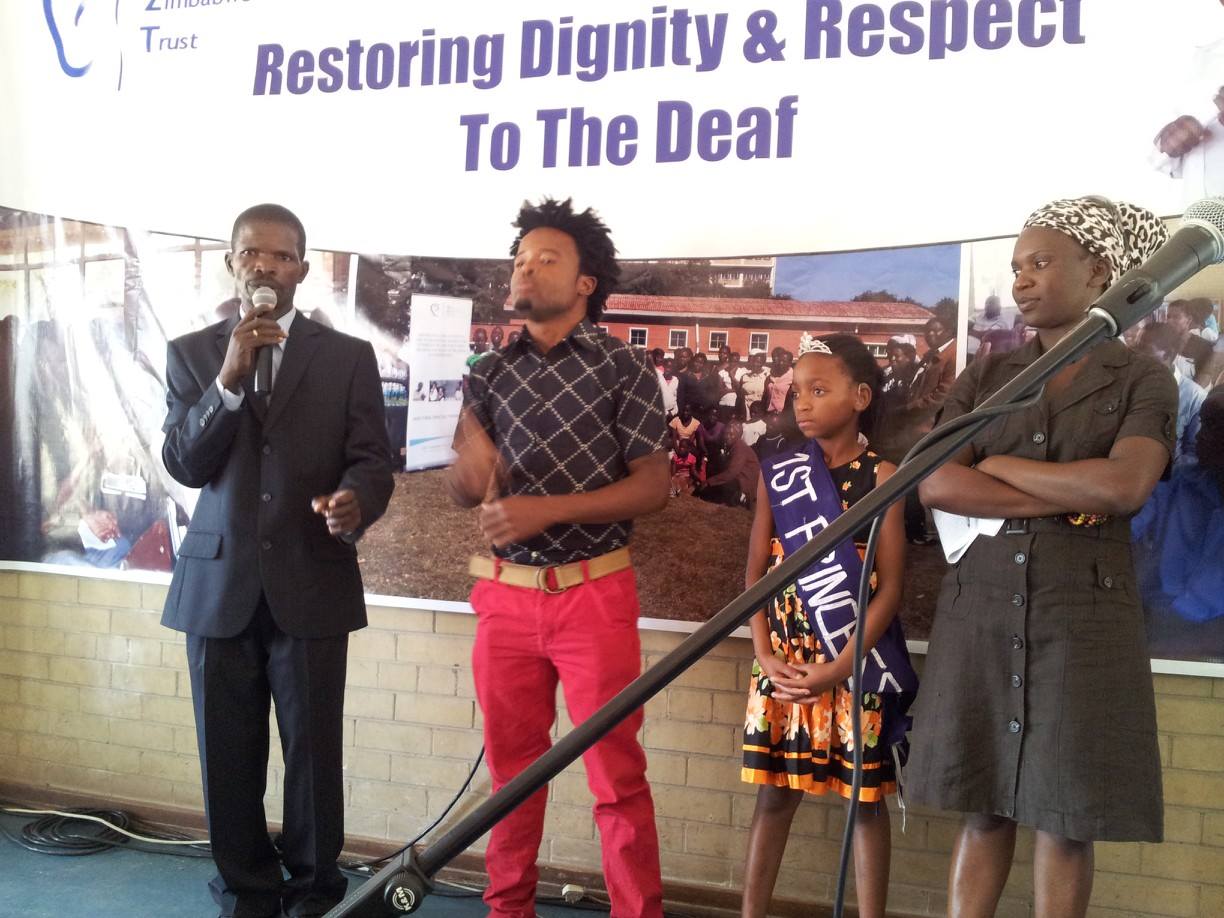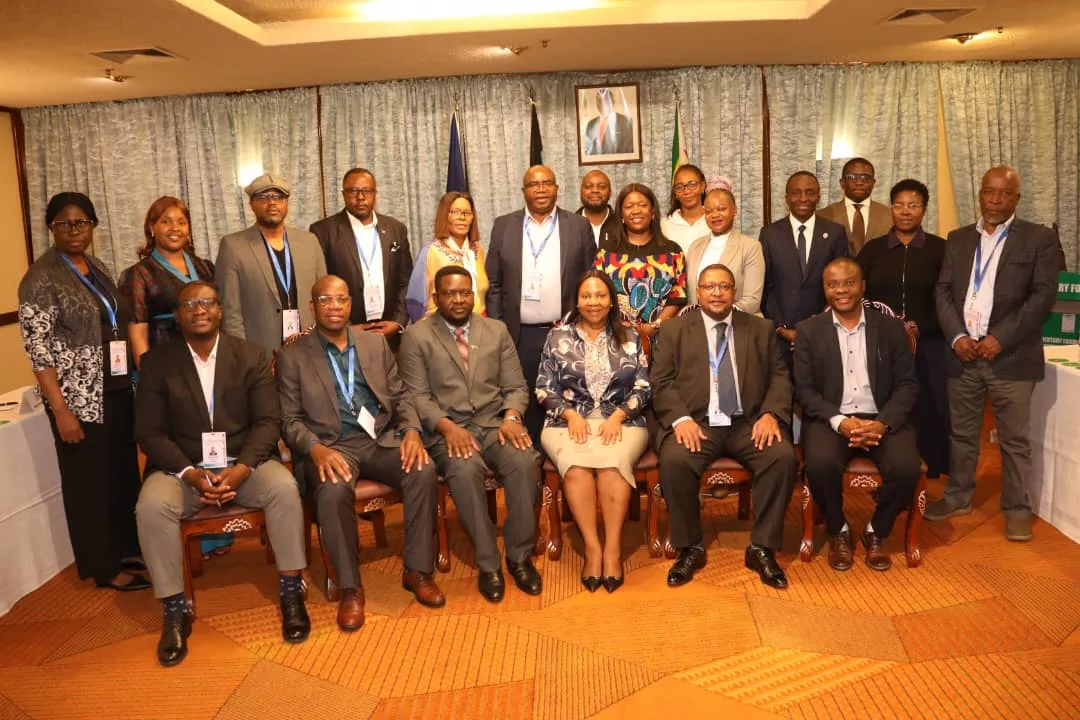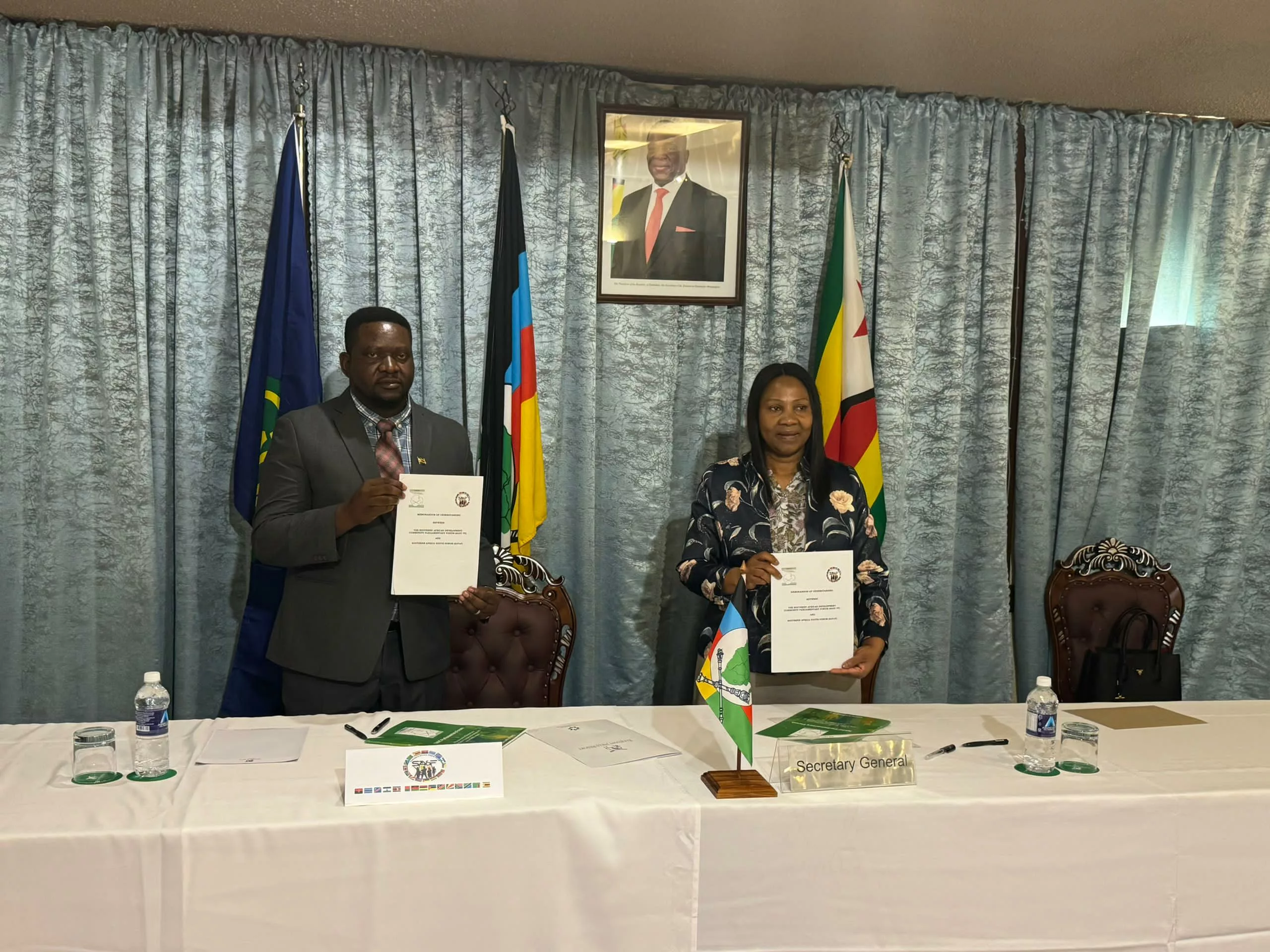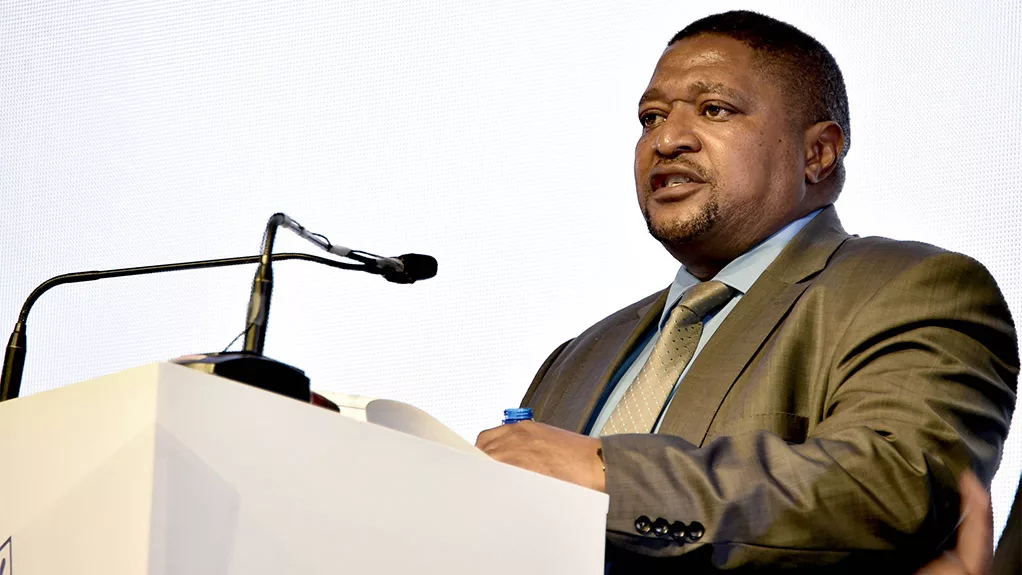By Tatenda Mujeyi
The Deaf Zimbabwe Trust (DTZ) has urged government to amend the Education Amendment Bill to make it more inclusive for people with disabilities (PWDs).
The call follows efforts by the government to enhance inclusivity through being a signatory to treaties and conventions and the need to accommodate PWDs in all national processes.
“Zimbabwe is a signatory of international conventions such as the United Nations Convention on the Rights of the Children and the United Nations Convention on the Rights of Persons with Disabilities. Additionally, Zimbabwe has supported the education of clearness with special needs including children with disabilities, orphans and vulnerable children since its independence.” Lyndon Nkomo the Chairman of DZT said.
DZT acknowledged that whilst government was making strides to address the challenges of the disabled, there was lack of policy frameworks that guarantee the needs of people with disabilities.
“However learners with disabilities are not fully supported in the education system and are therefore not accessing quality education because of lack of an inclusive education policy” he also said
DZT is of the view that an inclusive policy will facilitate for an inclusive education environment that does not put in place extra costs for disabled persons education
“DZT requests that the inclusive education policy be complemented because it will create school environments that meet the needs of the children with disabilities and ultimately improve the learning outcomes of learners with disabilities. Inclusive education requires that attitudinal and environmental barriers to learning are addressed,” he also said.
The recommendation comes at the backdrop of the estimates that 600 000 children with disabilities are out of school and only 6% of the children with disabilities are out of school.
“Ministry of Primary and Secondary education (MoPSE) in the 2016 to 2020 Education sector Strategic plan revealed that 90% of children with disabilities are out of school. Of the 10 % that are in school over 80 per cent of those in primary school do not transition to secondary school” he further said
Key areas that the DZT recommends for redress include infrastructural access, access to educational curricula, access to co curricula activities with the exclusion of the vague term ‘subject to availability of resources’ in the draft bill.
“The Bill should remove the clause “subject to the availability of resources” and show commitment to incremental ensure that children with disabilities are included in schools through friendly curriculum and built environment of the schools” he also said
The recommendation follows the publication of the Education Amendment Bill by the government of Zimbabwe’s ministry of education and primary education.






